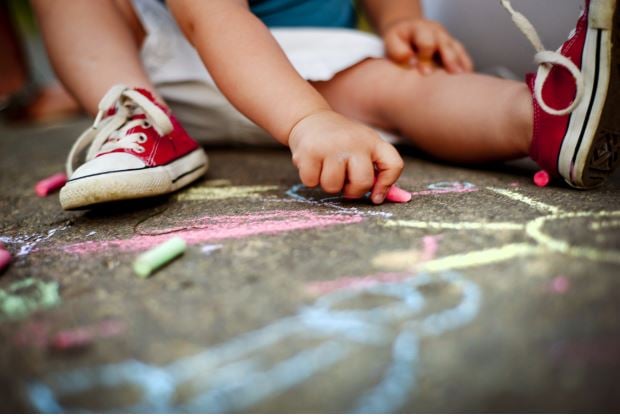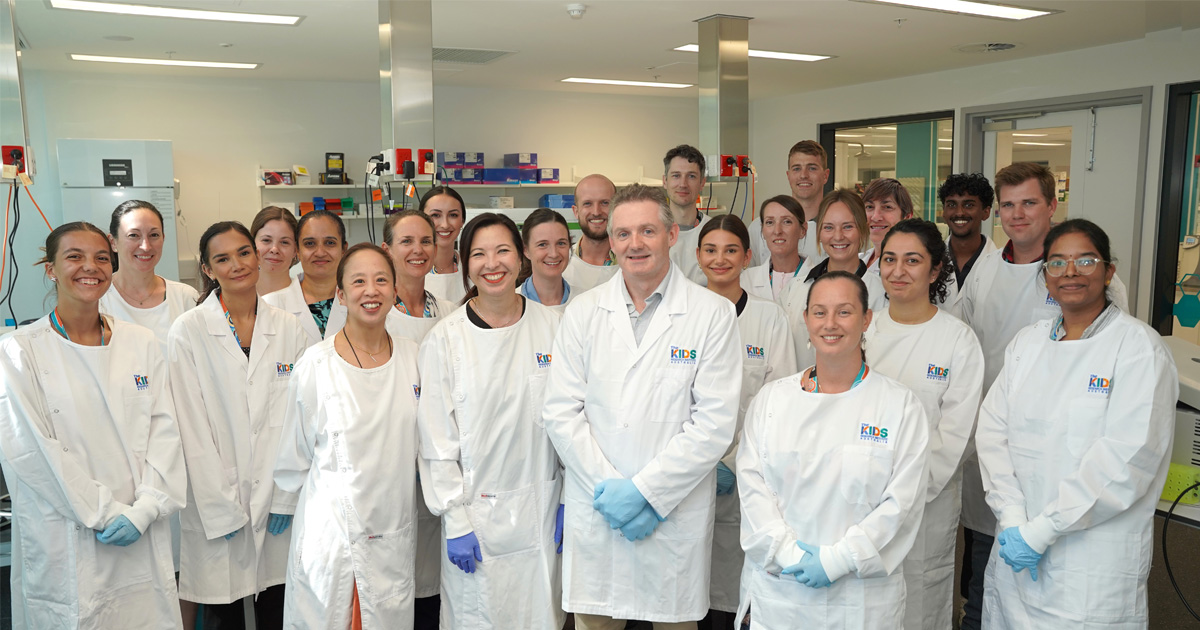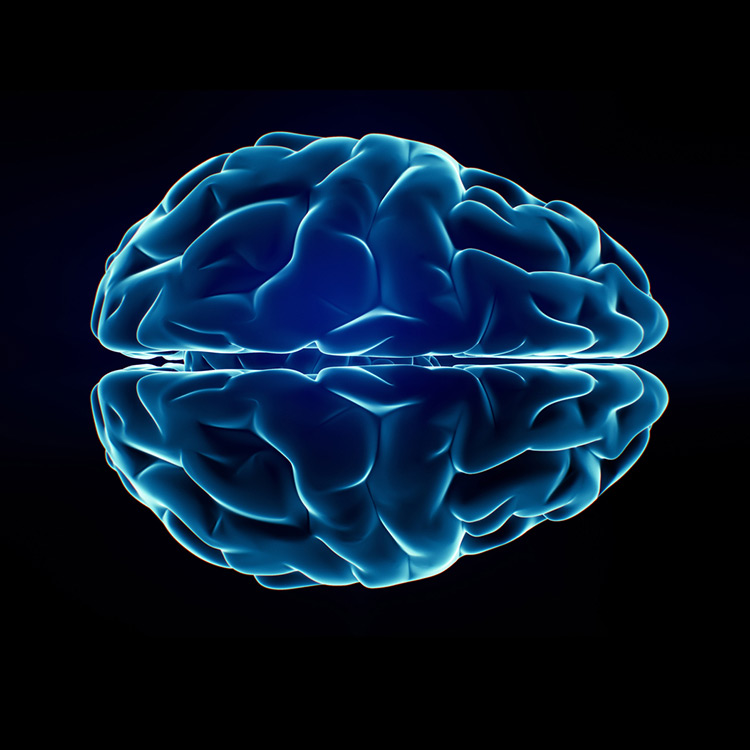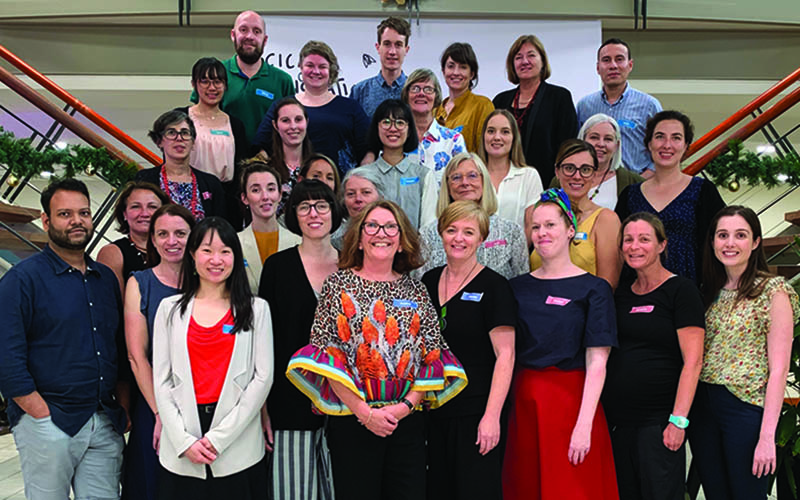Search
Showing results for "early life"

News & Events
Starting or returning to school after the holidaysWe know many autistic children may be more sensitive to transitions so may need some extra supports at this time.

News & Events
Inside the lab: children’s brain tumour research in WAAt The Kids Research Institute Australia, our Brain Tumour Research team is leading the charge to change the story for children diagnosed with brain cancer by working on safer, more effective treatments.
Research
Predicting long term lung health outcomes in young adults born very preterm (WALHIP 19 year old follow-up)This study will conduct a detailed lung health assessment in a follow-up of a group of preterm individuals at 19 years of age.

News & Events
1 in 3 young people in detention has alcohol related brain damageAbout a third of young people in youth detention in Western Australia have Fetal Alcohol Spectrum Disorder (FASD), data has found.

The FASD Research Australia Centre of Research Excellence (CRE) has substantially built the evidence base around FASD and had a significant impact on advocacy, policy and practice.
Research
Trends and predictors of extreme preterm birth: Western Australian population-based cohort studyFirst study to show that the increase in extreme preterm birth in high-income jurisdiction is no longer evident after medical terminations and birth defects are excluded
Research
Defining the molecular features of radiation-induced glioma: A systematic review and meta-analysisCranial radiation therapy is essential in treating many pediatric cancers, especially brain tumors; however, its use comes with the risk of developing second malignancies. Cranial radiation-induced gliomas (RIGs) are aggressive high-grade tumors with a dismal prognosis, for which no standard therapy exists. A definitive molecular signature for RIGs has not yet been established. We sought to address this gap by performing a systematic review and meta-analysis of the molecular features of cranial RIGs.
Research
Assessment of Cannabidiol and Delta9-Tetrahydrocannabiol in Mouse Models of Medulloblastoma and EpendymomaChildren with medulloblastoma and ependymoma are treated with a multidisciplinary approach that incorporates surgery, radiotherapy, and chemotherapy; however, overall survival rates for patients with high-risk disease remain unsatisfactory. Data indicate that plant-derived cannabinoids are effective against adult glioblastoma; however, preclinical evidence supporting their use in pediatric brain cancers is lacking. Here we investigated the potential role for Δ9-tetrahydrocannabinol (THC) and cannabidiol (CBD) in medulloblastoma and ependymoma. Dose-dependent cytotoxicity of medulloblastoma and ependymoma cells was induced by THC and CBD in vitro, and a synergistic reduction in viability was observed when both drugs were combined.
Research
Role of maternal mental health disorders on stillbirth and infant mortality risk: a protocol for a systematic review and meta-analysisWe plan to examine whether prenatal maternal mental health disorders impact the risk of stillbirth and infant mortality
Research
Ngulluk Moort, Ngulluk Boodja, Ngulluk Wirin (our family, our country, our spirit): An Aboriginal Participatory Action Research study protocolWe are working with the leadership and staff at foster care agencies and community members to provide information about cultural connection, and cultural activity and resources for Aboriginal children living in non-Aboriginal care arrangements.
